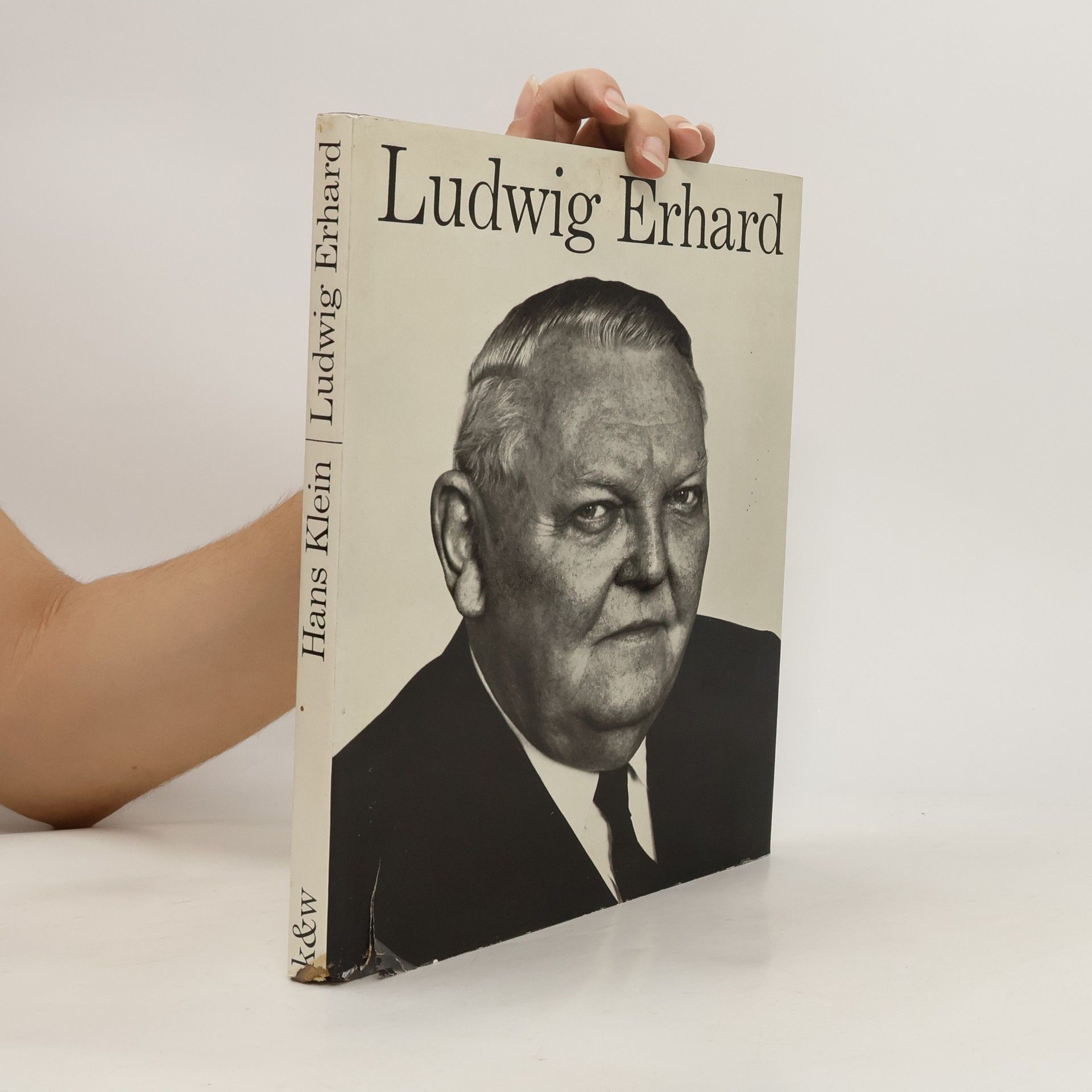Hansi Flick
Die Biografie. Leben und Karriere des Bundestrainers und Champions-League-Gewinners
DIE ERSTE BIOGRAFIE DES SPITZENTRAINERS Er ist alles gewesen: Spieler, Trainer, Sportdirektor. Und er hat alles gewonnen: 2014 wurde er als Co-Trainer der Nationalelf Weltmeister. Als Cheftrainer des FC Bayern gewann er gleich in seiner ersten Saison das Triple aus Meisterschaft, DFB-Pokal und Champions League und wurde zu Europas Trainer des Jahres gewählt. Was ist sein Erfolgsgeheimnis? Wie verlief seine Spielerkarriere, die ihn bis in die Bundesliga führte? Welche Rolle spielte er als Assistent Jogi Löws beim WM-Triumph in Brasilien? Wie formte er den FC Bayern München zum besten Team Europas? In seiner kenntnisreichen Biografie Hansi Flicks erzählt Günter Klein, langjähriger Nationalmannschafts- und FC-Bayern-Reporter des Münchner Merkur, die Geschichte von einem, der seine Wurzeln in der Provinz nie leugnete und sich dennoch auf den großen Bühnen der Fußballwelt zurechtfindet. Er zeichnet das Bild eines Trainers, der Mensch bleiben kann, ohne an Autorität zu verlieren, und dessen Karriere beweist, dass es nie zu spät ist, den großen Erfolg zu finden.









